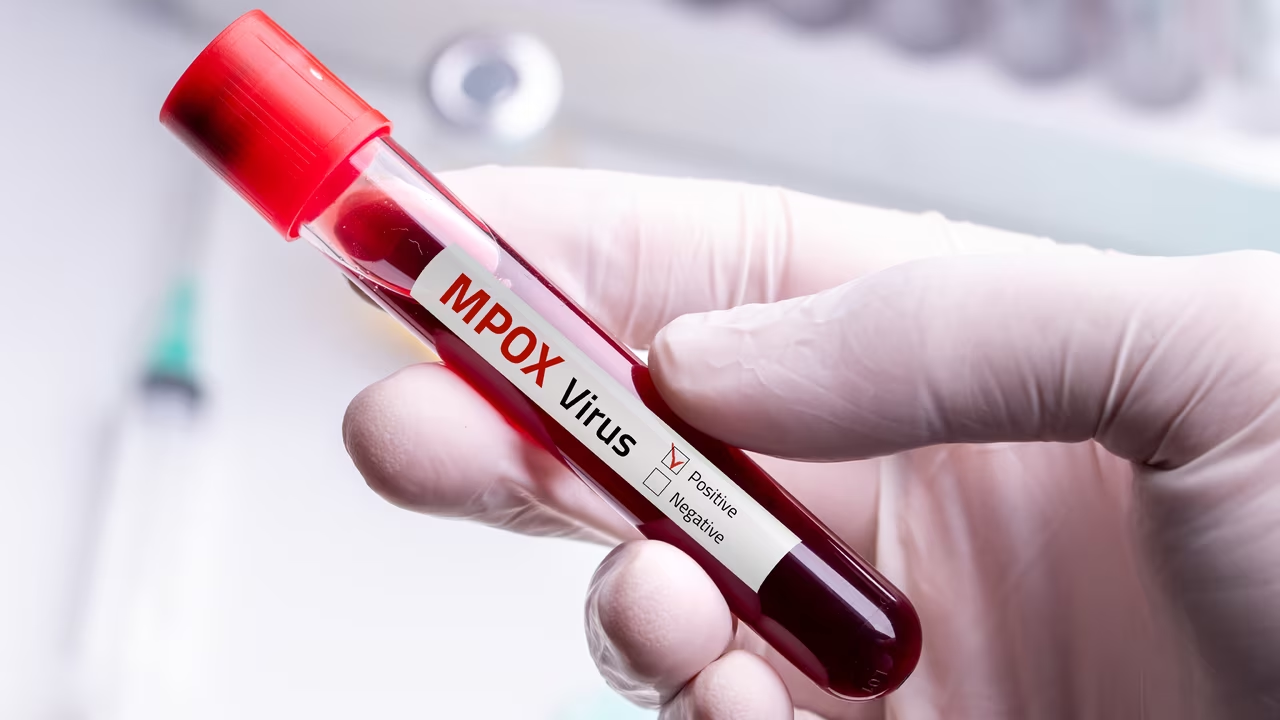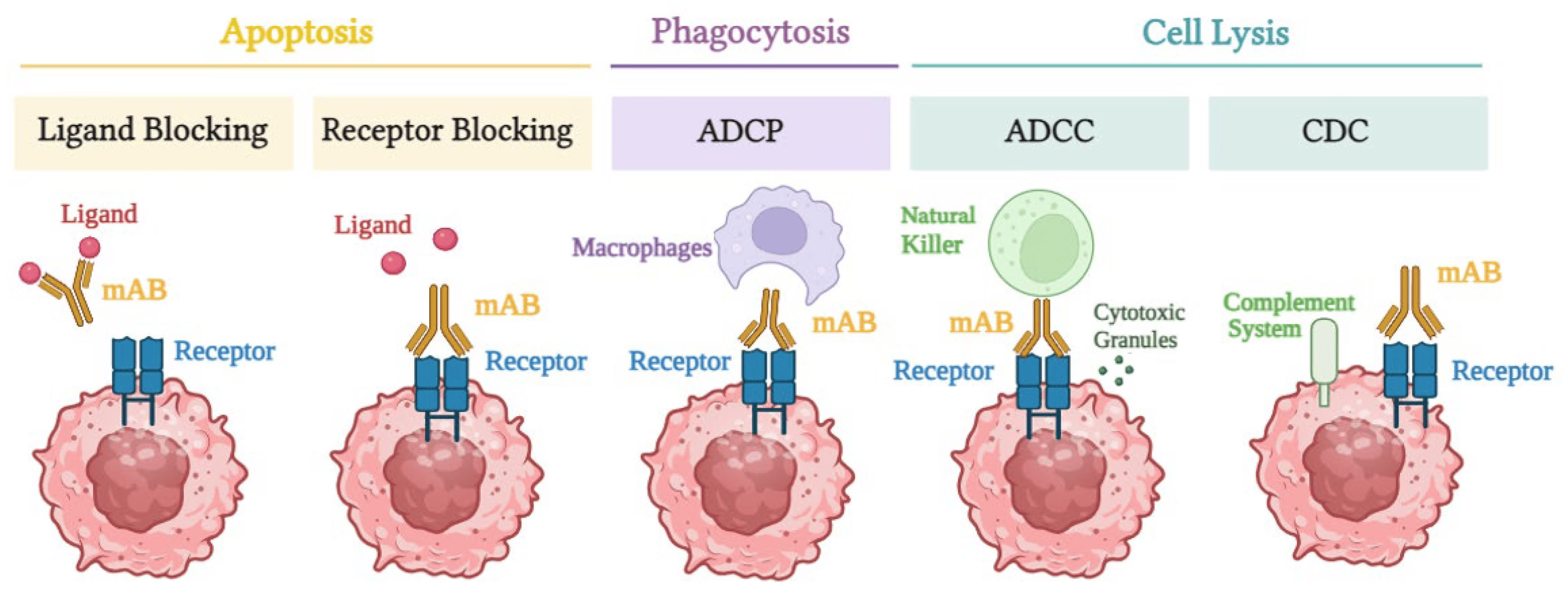In a recent late-stage trial, Xolair, a 20-year-old asthma drug jointly marketed by Roche and Novartis, demonstrated significant efficacy in reducing allergic reactions in individuals with multiple severe food allergies. Researchers presented these findings at the American Academy of Allergy, Asthma & Immunology meeting in Washington, leading to the recent approval of the drug by the US Food and Drug Administration (FDA) for adults and children aged 1 year or older. The approval is specifically for mitigating allergic reactions resulting from accidental exposure.
Xolair, scientifically known as omalizumab, initially gained FDA approval in 2003 for treating asthma. The recent trial showcased promising results, offering a potential breakthrough for individuals with severe food allergies.
Although individuals using Xolair will still need to avoid foods triggering their allergies, the drug provides a level of assurance against inadvertent consumption of small amounts of these allergens, according to Dr. Robert Wood, the leader of the study from Johns Hopkins Children’s Center in Baltimore. Dr. Wood emphasized the potential positive impact on the lives of many patients and families grappling with severe food allergies.
Approximately 2% of US adults and 4-8% of children are affected by food allergies, as estimated by the US Department of Agriculture. Severe allergic reactions lead to 30,000 emergency room visits, 2,000 hospitalizations, and 150 deaths annually.
The trial, involving 177 children aged 1 to 18 and three adults, all with severe food allergies, revealed substantial progress. Participants initially reacted to less than 100 milligrams of peanut protein, equivalent to about one-third of a peanut, and less than 300 mg of at least two other allergens, including milk, egg, cashew, walnut, hazelnut, and wheat.
Following treatment with omalizumab, 67% of participants could consume the equivalent of about four peanuts without experiencing moderate to severe allergic reactions, compared to only 7% of those who received a placebo. The positive outcomes extended to challenges with other allergens, showcasing the drug’s effectiveness.
Published in The New England Journal of Medicine, the study indicated that additional treatment over 16 to 20 weeks, with subsequent monitoring for another 24 weeks, resulted in stable or increased challenge thresholds for most participants. The research represents a significant stride in addressing the challenges posed by severe food allergies and opens new possibilities for enhancing the quality of life for affected individuals.



